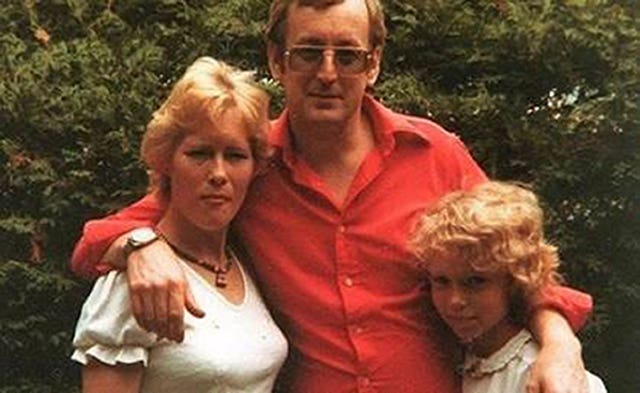Killer who never said where he hid wife’s body is sent back to jail
Russell Causley was freed last year after serving a life sentence for killing Carole Packman, who disappeared in 1985.

A murderer who refused to reveal where he hid his wife’s body has been sent back to jail after breaching his licence conditions.
Russell Causley, now in his late 70s, was handed a life sentence for killing Carole Packman.
She disappeared in 1985, a year after Causley moved his lover into their home in Bournemouth, Dorset.
He was freed from prison last year after initially evading justice for the best part of a decade following her disappearance by faking his own death as part of an insurance scam.

It is understood he failed to attend or engage with his probation supervision.
A Probation Service spokesman said: “Protecting the public is our number one priority so when offenders breach the conditions of their release and potentially pose an increased risk, we don’t hesitate to return them to custody.”
The decision to allow Causley’s release was described by his grandson Neil Gillingham as “contemptible” and “morally wrong”.
The Parole Board found, while his refusal to reveal the whereabouts of her remains was “heartless”, it did not increase his risk to the public.
Then justice secretary Robert Buckland appealed against its original decision despite Ministry of Justice officials earlier supporting plans for the release.
But the Board stood by the ruling.

He told the PA news agency: “He has been out for just over a year. I have repeatedly said he is not suitable for release.
“He can’t be trusted, he is never telling the truth. He has never engaged with police.
“And even now, my grandmother is still missing. Where is my grandmother? It has been 37 years – who is serving the life sentence?”
Earlier this month, Colin Pitchfork, who raped and strangled two 15-year-old girls in Leicestershire in the 1980s, was recalled to prison for a breach of licence conditions after the Parole Board decided to release him.
At the time, justice officials said offenders being recalled when there was a breach shows the system is working as expected.
But Mr Gillingham said it raises concerns about the release decisions being made as he repeated past criticism of the Parole Board, this time describing the body as being “completely inept” and calling for its chief executive, Martin Jones, to resign.
Causley, who was described last year as being in “poor health”, had served more than 23 years behind bars.
His risk had been assessed as medium, he was told to live at a specified address, wear an electronic tag and submit to a curfew, as well as comply with supervision by probation staff.
He was first convicted of murder in 1996 but this was quashed by the Court of Appeal in June 2003, and he faced a second trial for murder.
He was then found guilty again at a retrial in 2004.
The case now has to be referred to the Parole Board within 28 days, after which it will be decided, potentially with a hearing, whether he should remain behind bars or be released.
If he is not freed, his next parole review would be in about two years’ time.





